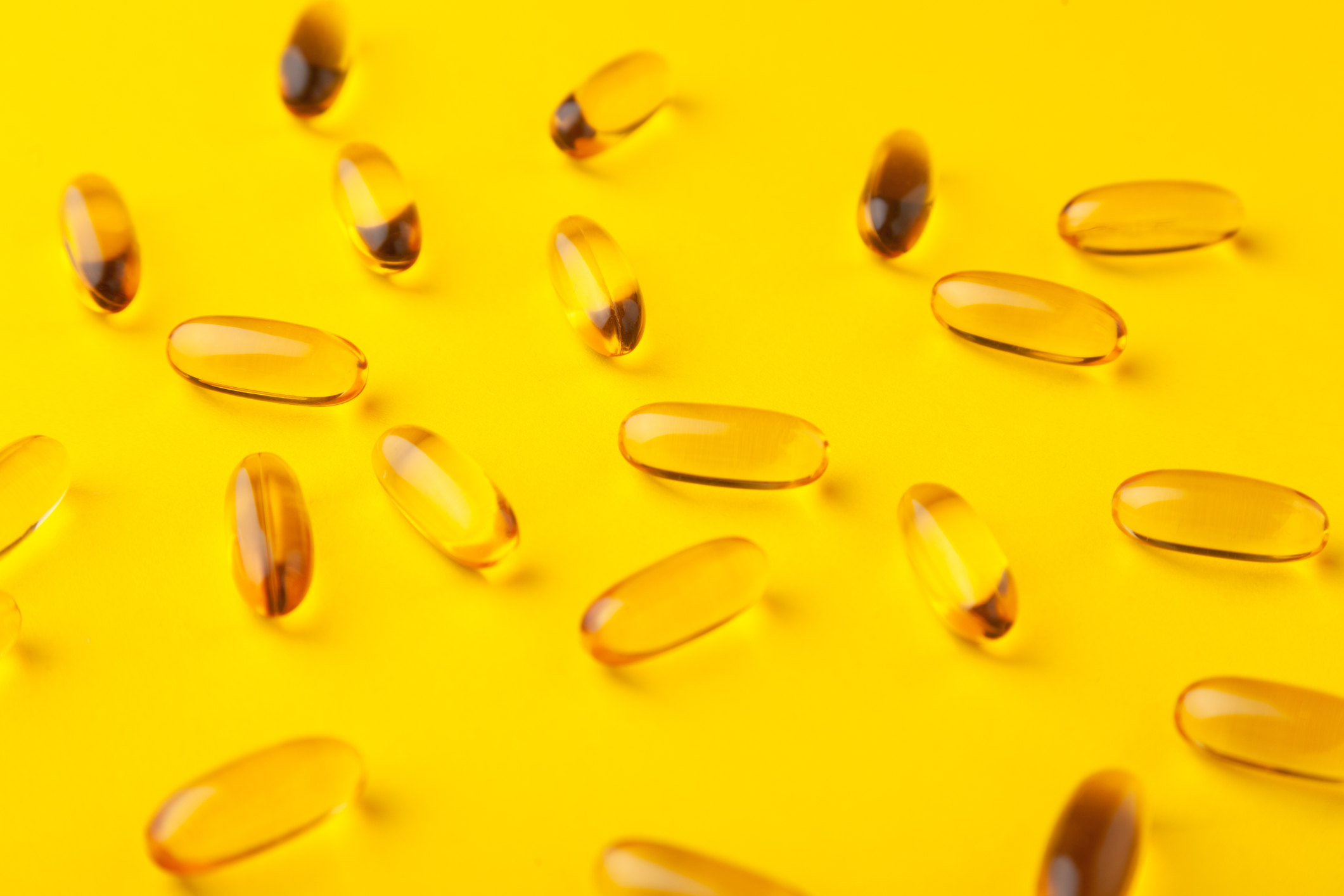

The omega-3 fatty acids found in fish such as salmon and trout are well-known for their range of health benefits. Studies have found that they help regulate cholesterol levels, and even have a role to play in fighting Alzheimer’s and breast cancer.
Of course, their most well-known benefit is giving a boost to heart health, including blood pressure. But while it’s been shown that omega-3s can help control blood pressure, the amount needed to do so has been unclear.
And as previous research about omega-3s has shown, dose matters.
That’s why I’m excited to share that an analysis published in the Journal of the American Heart Association has identified the optimal daily amount of omega-3s needed to help lower blood pressure…
3 grams of omega-3s for ideal blood pressure benefits
Researchers analyzed the results of 71 clinical trials from around the world published from 1987 to 2020, looking to find the optimal amount of daily omega-3s needed to help lower blood pressure.
There were nearly 5,000 participants in the studies, ranging in age from 22 to 86 years. They took omega-3s from either dietary sources or supplements and sometimes from both, for an average of ten weeks.
The results were as follows:
- People who consumed between two and three grams of omega-3 fatty acids daily showed an average reduction in both systolic (top number) and diastolic (bottom number) blood pressure of 2 mm Hg., compared with those who did not consume this amount.
- For adults who already have high blood pressure or high blood lipids, consuming more than 3 grams of omega-3 fatty acids daily may provide additional blood pressure-lowering benefits.
- And the big winner: At 3 grams per day, systolic blood pressure decreased by an average of 4.5 mm Hg in people with hypertension, and about 2 mm Hg for those without hypertension.
It also became apparent that 3 grams a day of omega-3s is the “tipping point” for increasing benefits. In other words, taking more didn’t result in any additional lowering of BP measures.
When subjects consumed 5 grams of omega-3s per day, blood pressure declined only 4 mm Hg and 1 mm Hg for each of these groups respectively.
Putting omega-3s to work for healthier blood pressure
And there’s more good news, thanks to these findings…
Eating fish every day is not your only choice for getting plenty of omega-3s — even though just 4.5 ounces of Atlantic salmon will easily provide about 3 grams. There are plenty of supplements that can do the job…
“Most of the studies reported on fish oil supplements rather than on EPA and DHA omega-3s consumed in food, which suggests supplements may be an alternative for those who cannot eat fatty fish such as salmon regularly,” said study author Xinzhi Li, M.D., Ph.D. “Algae supplements with EPA and DHA fatty acids are also an option for people who do not consume fish or other animal products.”
Krill oil is another supplement option, containing both EPA and DHA, plus the powerful antioxidant — astaxanthin. The main difference between the nutrients in krill oil compared to fish oil is in their delivery structure. Krill oil is naturally encapsulated in phospholipids, which mixes with stomach fluids and may increase bioavailability.
Currently, most supplement brands will have serving recommendations much lower than the 3g (3000mg) the study found beneficial. That’s because many years ago, the National Institutes of Health established the intake of omega-3 fatty acids for healthy men and women at 1.1 to 1.6 grams daily.
But if you decide to take additional supplement servings per the amounts used in the study to help lower blood pressure, discuss this strategy with your physician, especially if…
- You are on blood pressure-lowering medications
- You take blood thinners (omega-3 supplements have a natural blood-thinning effect)
He or she may need to adjust your medications.
There are some side effects from taking high amounts of omega-3 supplements, such as diarrhea and flatulence. The European Food Safety Authority has stated that omega-3 fatty acid supplements can be safely consumed at doses up to 5 grams (5000 mg) daily — much lower than what the study found effective for blood pressure.
Sources:
About 3 grams a day of omega-3 fatty acids may lower blood pressure, more research needed — Science Daily
Omega‐3 Polyunsaturated Fatty Acids Intake and Blood Pressure: A Dose‐Response Meta‐Analysis of Randomized Controlled Trials — Journal of the American Heart Association (JAHA)
12 Foods That Are Very High in Omega-3 — Healthline

